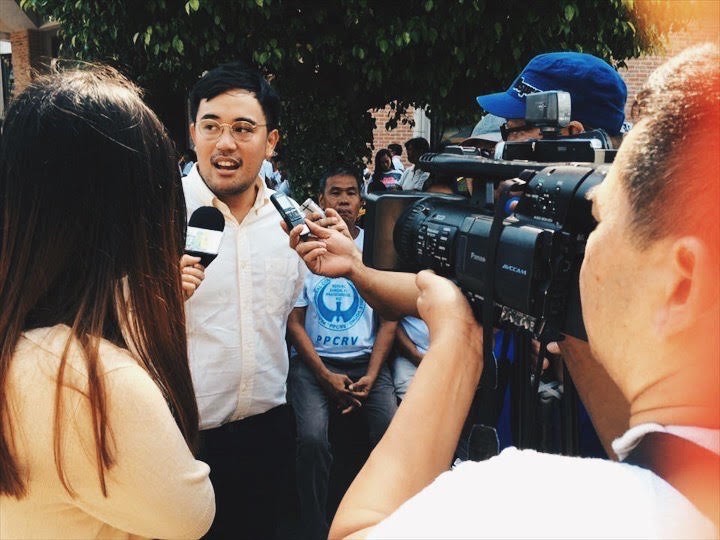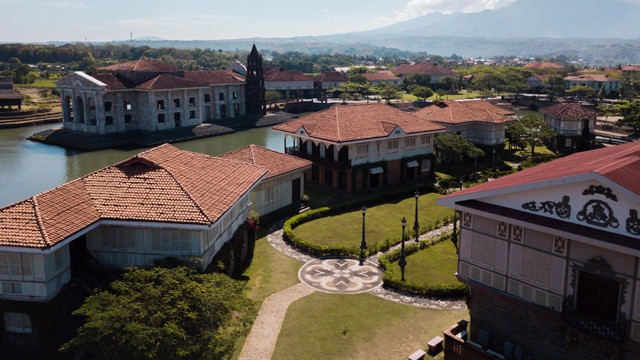
Filipino freelancers’ rights will be strengthened in this monumental bill
By Trinity Yeung
June 18, 2021
In March 2020, President Rodrigo Duterte signed the Bayanihan Heal as One Act as an economic balm for the country’s uncompensated workers amid the COVID-19 lockdown. Beneficiaries of the government-issued stimulus packages included labourers of varying industries with a budget nearing PHP 275 billion. While it accommodated those in need of economic aid, a substantial sector in the nation’s workforce wasn’t included: the freelancers.
According to the 2019 Global Gig-Economy Index by Payoneer, the Filipino freelancing economy has erupted, ranking sixth in the world for fastest-growing freelancing (or gig) industries in 2019. However, the country is still grappling with the concept behind the booming gig economy. Contrasted against the customary workforce blueprint, the gig economy approaches labour transiently, opting for short-term contracts and temporary service rendering for multiple employers.
But to this day, Filipino freelancers (or gig workers) are still struggling to be recognized in the legal system and have yet to experience the same benefits as regular labourers do — from health insurance to prompt payment. Apart from the lack of benefits, freelance workers earn fragile compensation and are often subjected to frequent practices of “kaliwaan” where one party departs without notice, normally at the expense of the freelancers. This lack of professionalism is attributed to the belief that freelance workers are not “real workers.” Only when the Bayanihan Recover As One Act or Bayanihan Two was passed were freelancers even acknowledged as viable beneficiaries of stimulus packages.
CREATE Philippines invited Rep. Christopher de Venecia of Pangasinan’s 4th District to discuss the issue. He is a principal author on the Freelance Workers Protection Act, a bill he claimed as “building [the] blocks towards an ideal regime for freelancers.” There was an ardent urgency in his tone as he proudly relayed the good news: the bill, a re-filing from the 17th Congress, was recently approved during its final hearing, targeted to reach implementation by the end of the year.
As a former freelancing theatre director and producer himself, De Venecia knew where to begin plotting. “When we passed the Bayanihan One law, which was the first of two stimulus packages we rolled out through Congress as a response to the pandemic, freelancers missed out,” he said. “The government doesn’t really know who they are.” To counter this situation, they worked alongside business support organizations and the creative industry sector to craft a concentrated list of freelancer beneficiaries.
Currently, there are estimated to be 1.2 to 1.5 million traditional freelancing workers in the Philippines — workers who had no choice but to protect themselves as they resided outside the scope of the labour code, unregulated by the Department of Labour and Employment. The frangibility of these workers moved De Venecia to begin with the institutionalization and formalization of the contract. A written agreement between the hiring party and the freelancer must exist, detailing the commissioned services to the date in which the hirer must compensate the freelancer. Other minimum forms of protection indicated are night shift differentials and hazard pay — terms that are commonly alien to freelancing professionals. The failure to comply with these terms would then warrant a civil penalty. The bill provides ample deterrents from abusing and/or retaliating should freelancers report malpractices against the hirers. It also requires freelancers to register with the Bureau of Internal Revenue (BIR) as another form of legal protection. Freelancers are currently considered as “self-employed” under the BIR but in line with this bill, a new “freelancer lane” is being processed in all BIR offices nationwide.
The eruption of the COVID-19 pandemic commenced a tectonic shift towards the freelancing economy. A Payoneer survey identifies a 208% growth in the Philippine freelancing industry alone and despite advancing significantly, the lack of security within the community is spotlighted against the pandemic’s harsh lighting. “I think this pandemic really showed how vulnerable the freelance community is,” said De Venecia. Moreover, the lack of recognition of freelancing as a profession — in writing and in culture — is enforced by the country’s yet-to-be improved education system. “Our education system was not necessarily structured or made necessarily ready for the dawn of the freelancers.”
As of now, the bill is pending deliberations in the Senate with Sen. Joel Villanueva filing and addressing it within the Committee of Labour. With a better regime for freelancers just over the horizon, it’s only a matter of time until they can reap the benefits.


